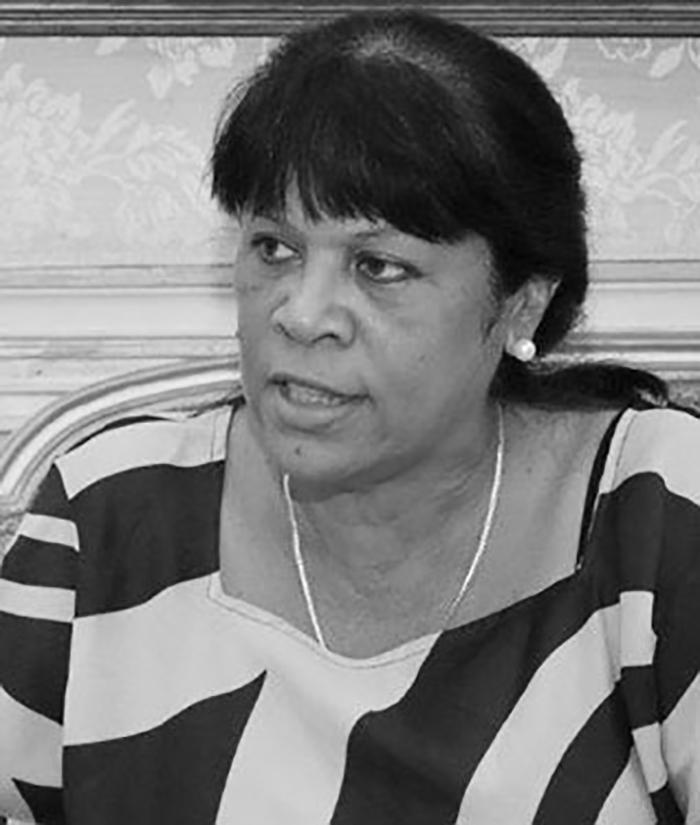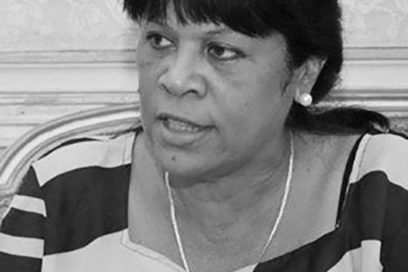
In 39 countries of Latin America and the Caribbean, 675 organizations are actively building solidarity with Cuba, in a coordinated effort, according to Lilia María Rodríguez, director for the region at the Cuban Institute of Friendship with the Peoples (ICAP).
She emphasized the existence of an even larger number of friends, sympathizers, and admirers of the Cuban Revolution who are not affiliated with these groups but participate in different activities organized like talks, concerts, celebrations of historic dates, and mobilizations, among others.
These organizations have established ties with legislators, trade unionists, students, religious institutions, and members of political parties, to join forces in demanding social justice, opposing neoliberalism, defending Cuba, Venezuela, and other anti-capitalist countries.
“In 2017, the solidarity groups held more than 700 activities around the struggle against the criminal economic, commercial, and financial blockade imposed on Cuba by the United States, and for the elimination of the illegal U.S. Naval Base in Guantánamo. They also work hard to refute media campaigns against Cuban socialism and have gained ground on social networks,” explained the ICAP director.
All the organizations promote trips to the island of professional groups, artists, trade unionists, and students, while participating in the solidarity brigades that every year stay at the Julio Antonio Mella International camp, in the municipality of Caimito, Artemisa province.
Zamora reported that the South American brigade, including participants from Argentina, Chile, Brazil, Uruguay, and Bolivia, comes in January, while the Latin American and Caribbean group arrives in the month of July, with participants from Central America and the region’s island countries.
“Also during the summer season, the Juan Ríus Rivera Brigade from Puerto Rico comes, which many years sends a youth contingent first. The Haitian Atenor Firmin Brigade is also organized».
The groups additionally send representatives to participate in other special brigades, like that organized every May Day to celebrate International Workers day, and the “In the footsteps of Che” Brigade, in honor of the legendary guerilla, she added.
“For the end of 2018, we are promoting the first continental brigade devoted to the 60th anniversary of the triumph of the Cuban Revolution, which will come around January 1, 2019,” Zamora noted.
During their mobilizations, these friends carry Cuban flags and banners defending the country, and participate in forums and events in which peoples demand better treatment from their governments and defend progressive efforts around the continent, as recently occurred in Lima, Peru.
“Along with a large delegation, I attended the alternative Summit of the Peoples, held in the Peruvian capital that challenged the Summit of the Americas. I witnessed the strong position taken by friends responding to anti-Cuban positions there. The pressure and manipulation of the Organization of American States (OAS) is shameful, and that of the countries that make up the so-called Lima Group, which serve as lackeys of Yankee imperialism,” Zamora stated.
She added that, in several countries, activities were organized to commemorate the 90th anniversary of the birth of Ernesto Che Guevara, in particular in the Argentine city of Rosario, where he was born. Participating in these events were local authorities, political parties, and trade unions.
“This past year, we received messages of support and donations to repair damage caused by Hurricane Irma here. Something similar occurred with the investiture of Miguel Díaz-Canel Bermúdez as President of the Councils of State and Ministers, the continuator of our socialist, very Cuban, Revolution.
We likewise received many notes of condolences following the unfortunate aviation accident that took place May 18, near José Martí International Airport in Havana,” Zamora said.
“These friends work in adverse environments, where the right governs, imposing neoliberal measures like the privatization of public sectors, and they are capable of violently repressing revolutionaries. We have the examples of
Nicaragua, experiencing acts of vandalism; the parliamentary coup in Brazil to oust President Dilma Rousseff; and the imprisonment of former President Luiz Inacio Lula da Silva,” the ICAP director continued.
She added that, given this situation, Cuba promotes support for the Bolivarian Revolution in Venezuela and the independence of Puerto Rico, in all solidarity events. This last year, ICAP received the Boricuan patriot Oscar López Rivera, and this year’s Festival del Caribe (July 3-9) in Santiago de Cuba is dedicated to this sister island.
She indicated that Caribbeans would like to organize a regional solidarity encounter, noting that Cuban diplomatic missions in these countries support the work of these groups.
“Many youth who graduated from Cuban universities serve as translators for medical brigades, and high level leaders have been educated in Cuba,” Zamora noted, referring to organizations of medical professionals trained here, who share what they have learned in Cuba in terms of the organization of public health systems, holding campaigns and Health Fairs to offer the population medical attention, free of charge, and collaborating with Cuban medical brigades working in their countries, especially in remote and difficult access communities.
According to the ICAP director, the main challenge facing these solidarity movements is promoting unity among its forces, “They must join forces to make themselves more visible. We know they work in tense situations, but these compañeros are brave and face difficulties with courage. They are always ready to give their time and savings to support our Revolution.” (Taken from en.granma.cu)


